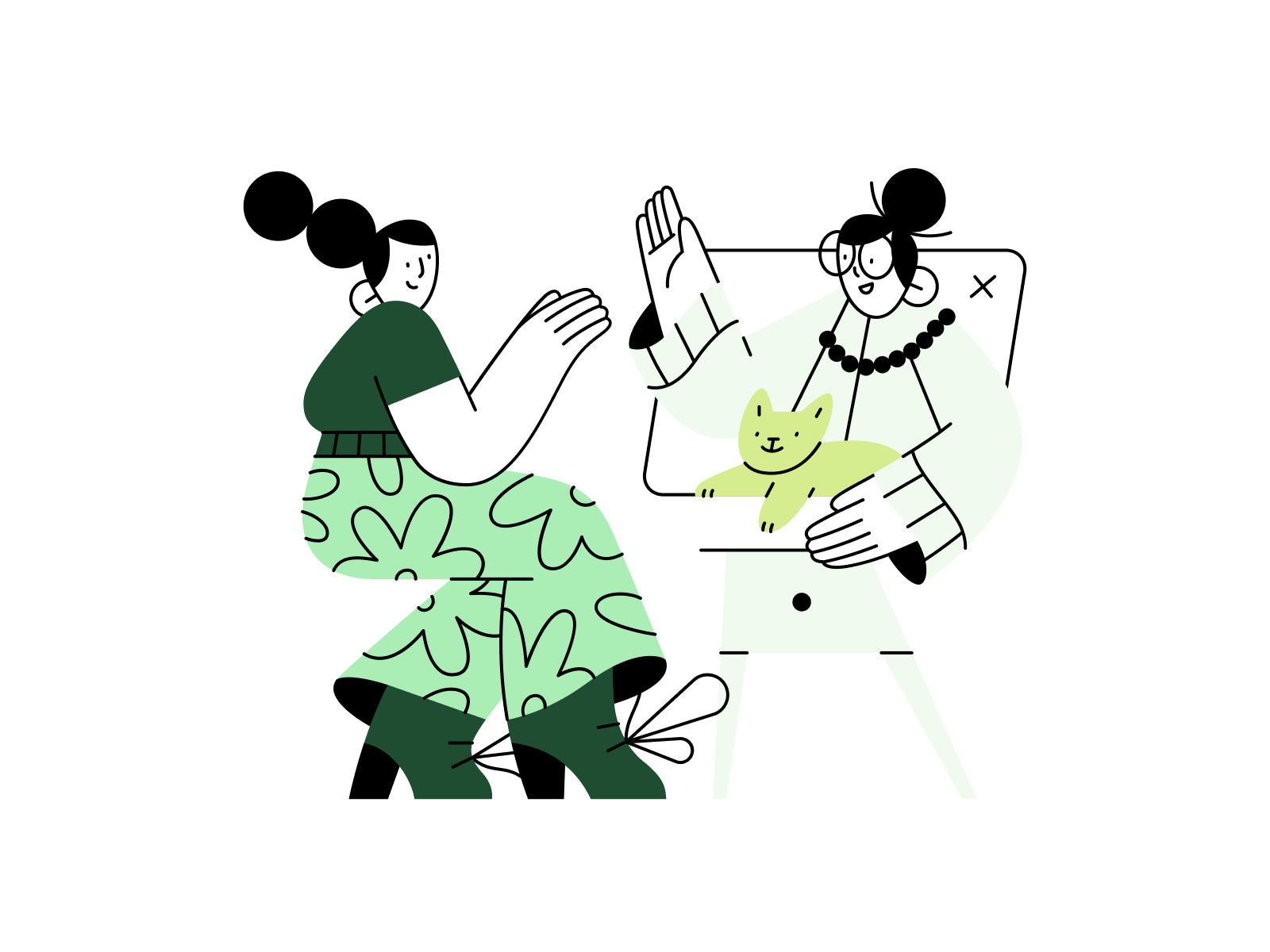
Parent carer guilt
by Jo Griffin
Oct 3, 2023
In this article I want to consider the issue of parent guilt.
In my research into emotional wellbeing in parents of disabled children I was prepared for most of the complex emotions that parents talked about such as: anger, grief, joy, pride, helplessness and exhaustion (there are others are listed on the Affinity Hub website).
What I wasn’t prepared for was the level of guilt and self-blame that was commonly reported.
Parents could feel guilty for all sorts of things – their child’s diagnosis, not being able to get the right equipment or school, responses from others in society, seeing their child miss out on something or when their child struggled or was in pain. They may even experience guilt for how they are feeling.
While guilt can be a useful emotion – it helps us realise when we have made a mistake and encourages us to make amends, often the guilt parent carers were describing was misplaced, inappropriate and unhelpful. We cannot remove our child’s diagnosis, we cannot control other people or resources/appointments in the systems around us. We are fallible human beings.
In times of uncertainty, it is sometimes suggested that we may take on too much responsibility for events that are out of our control as we seek certainty and explanations. On some level by blaming ourselves we are trying to make sense of, and take back control for, something that is making us feel disempowered and helpless. In other words it may feel better to blame ourselves than accept the lack of power we have in the face of gatekeepers of resources we need (e.g., social services, local authorities). But this can end up making us feel bad about ourselves and life in general. Often parents end up taking responsibility for something that is not theirs to carry.
How can we manage guilt and not feel overwhelmed with self-blame?
A good start for managing these difficult feelings is to recognise that other parents also feel them. Being kind to yourself can help – if your good friend was blaming themselves for the things that you are, how would you respond? In all probability you would provide support and reassurance for someone else and it can help to try and apply these same principles to yourself.
Dr Kristin Neff, a researcher and caregiver herself, has done a lot of work on self-compassion, including for caregivers. Interestingly in one study they found:
‘In a study on self-compassion in parents of autistic children the researchers found that those parents with more self-compassion perceived less stress when dealing with their children. They were less likely to be depressed, and more likely to be hopeful and satisfied with their lives.
In fact self-compassion was actually a stronger predictor of how they were doing than the severity of their children’s autism. This suggests that what’s more important than the intensity of the challenges you face in life is how you relate to yourself in the midst of it.’
She has produced a caregiver meditation which you can access here.
Even when life is bumpy and our caring responsibilities can feel overwhelming, try to remember that:
- you can’t control everything around you, and that’s ok
- having difficult emotions is part of being human – we don’t need to feel guilty about it
- it’s not your fault if services or systems of support are limited, try to focus on what you can control rather than what you can’t
- sometimes we need a break from being constantly in ‘fight-mode’
- we’re all trying to do our best in an imperfect world
Further information:
Carers UK – dealing with guilt
Carers Wales - Managing difficult emotions - Guilt
